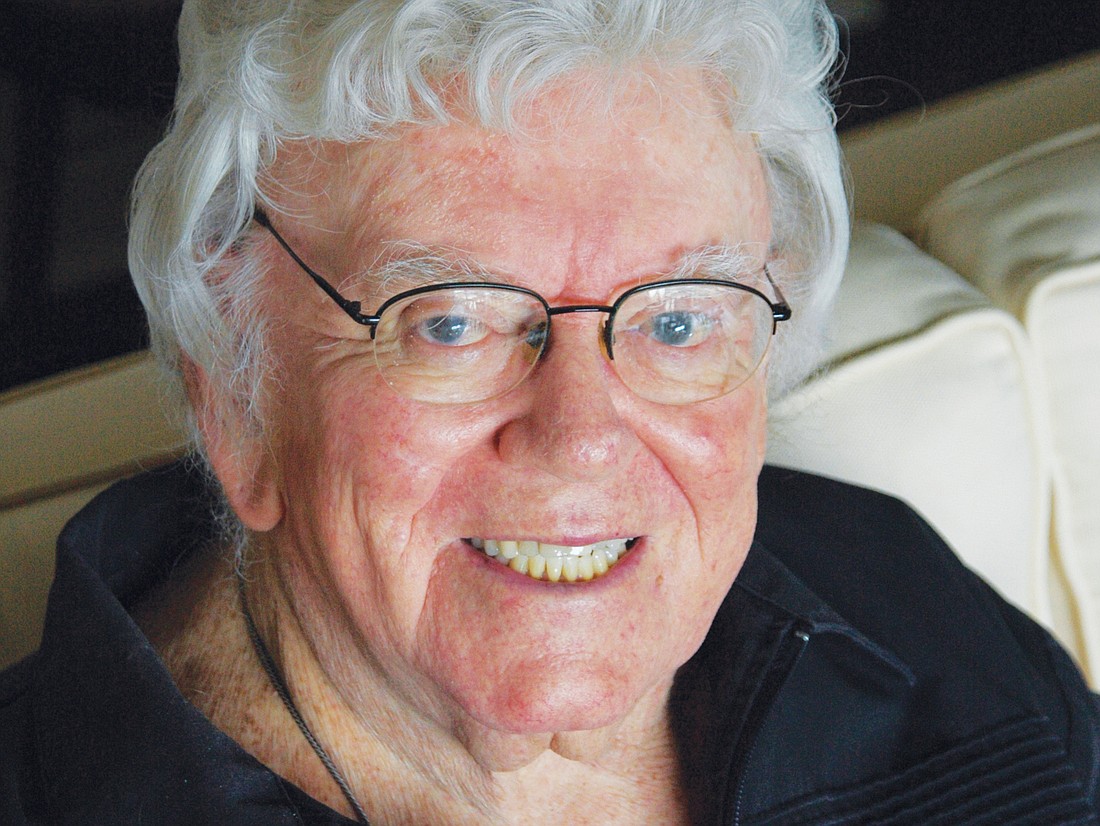- July 26, 2024
-
-
Loading

Loading

Having spent my youth in Winter Park (1931 forward through grammar and high school) furnishes me with an endless supply of factual memories.
I remember lots of individual people among the snakes, frogs, turtles and alligators that shared the town’s real estate and lakes with me. Fleet Peeples, my Scout Master, Rollins aquatics professor and motorcycle daredevil, was a prominent actor on the Winter Park stage.
In those days, a majority of the local citizenry were well-to-do Northerners — people who most Florida kids rudely referred to as Yankees or snowbirds, because they usually came to Winter Park in November and most would leave after Easter. Little did I know then that I would go on to Massachusetts to a Yankee college and see a lot of the wide world as a U.S. Navy officer before ending up living in Greenwich Village, in Yankee New York. My Ohio-bred wife is a born Yankee, as are both my daughters who live in Connecticut. My own favorite spot on earth is in the middle of Manhattan.
However, certain circumstances as well as affections draw people back to Winter Park, a town attractive to both kids and the elderly.
In this town, the lakes do not draw many serious fishermen the way they once did. Also, although we kids used to swim in Lake Virginia on the Rollins shore daily, hardly anyone does his swimming these days, except in swimming pools. I remember state-wide competitions held at the Dinky Dock and seeing competitors who later became Olympic champions there.
The once-wild parts of the Winter Park landscape, home to the denizens of a tropical forest palmetto jungle, are now imposing estates with beautiful lakefront lawns and carefully tended flowering plants. Huge orange groves are now gated villages with homes for hundreds of people.
In the 1930s, all of Winter Park’s streets were paved with loose brick, which allowed the torrential summer rainwater to penetrate the streets and flow down into the water table. For that reason, as I remember, there were no sewers in Winter Park at that time.
The enormous beautiful oaks that lined our downtown streets, we learned, had been placed there by the early settlers from New England. Rollins College and its colorful President Hamilton Holt, were an unusual local phenomenon. My father taught several languages and formed a championship fencing team at Rollins.
One day, Dr. Holt met me at the end of one of the long, wooden docks that used to run out into Lake Virginia and chided me by saying, “So you are going to Harvard, eh?”
“Yes sir,” I replied. “ They are awarding me a full scholarship.”
“Shame,” he said. “I could have gotten Yale to do the same for you.”
“But which is the greater university?” I dared to ask this Yale man.
Dr. Holt had a prodigious collection of stamps, a section of which he once lent to President Franklin Roosevelt and reportedly never got back.
The Rollins campus was replete with shiny new convertibles, which the wealthier students seemed to feel a necessity to bring to college with them. I had my bike!
Rollins had a large, not quite finished wooden hotel, The Pelican, on the beach in New Smyrna. All Rollins students, faculty and their families were free to use The Pelican, which had fresh water showers outside. Women slept on the second floor, while men slept on the first floor on cots provided by Rollins. (Bring your own bedclothes.)
Almost annually, Sir Malcolm Campbell set world speed records with his race cars on nearby Daytona Beach.
Rollins had a football team in those days, a winning outfit coached by former Tennessee star Jack McDowell. With the Animated Magazine and visiting dignitaries to boot, Winter Park was a jumpin’ town!
An international opera star for more than 40 years, Louis Roney has entertained on stage and on screen. He founded and directed the Festival of Orchestras. He is a recipient of the Distinguished Professor Faculty Award from UCF and continues to inspire and develop young artists.